Search
Did you mean: Epona?
Search Results
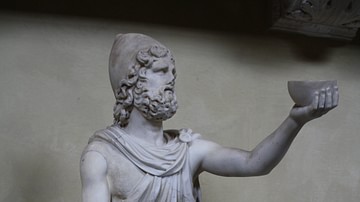
Definition
Odysseus
Odysseus (Roman name: Ulysses) was one of the great pan-Hellenic heroes of Greek mythology. He was famous for his courage, intelligence, and leadership. Odysseus' resourcefulness and oratory skills were instrumental in the Greek victory in...
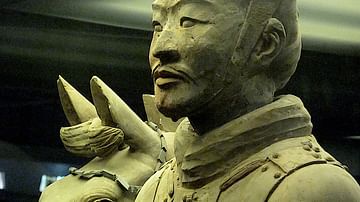
Definition
Ancient Chinese Warfare
In ancient China warfare was a means for one region to gain ascendancy over another, for the state to expand and protect its frontiers, and for usurpers to replace an existing dynasty of rulers. With armies consisting of tens of thousands...
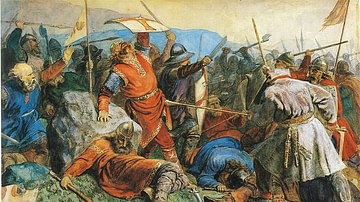
Definition
Viking Warfare
Viking warfare, along with its key component of raiding, is inextricably connected with the expansion of Scandinavian influence along the North Atlantic and into the Mediterranean in the Viking Age (c. 790-1100 CE), where the Vikings' heavy...

Definition
Lugh
Lugh (also Lug, Luga) was one of the most important Celtic gods, particularly in Ireland, and he represented the sun and light. Although originating as an all-wise and all-seeing deity, Lugh was later thought of as a historical figure, great...
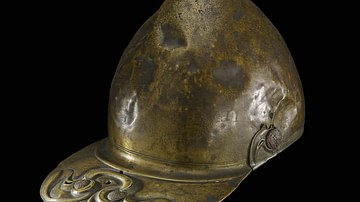
Definition
Celtic Warfare
The Celts were a linguistic group which spanned across a wide geographic area and included numerous cultures and ethnicities. Because of this fact, the traditions, practices, and lifestyles of Celtic-speaking peoples varied considerably...
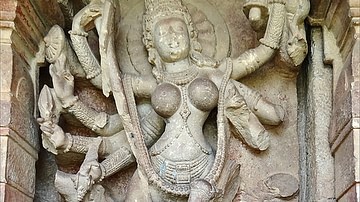
Definition
Devi
Devi, also known as Mahadevi or 'Great Goddess', is an all-embracing Mother Goddess first worshipped in India in Prehistoric times. In the Vedic period, she was assimilated into the Hindu pantheon and so came to represent the female energy...
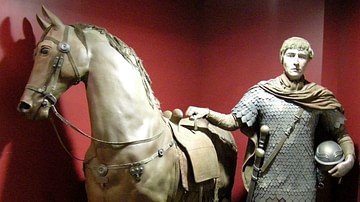
Definition
Roman Cavalry
Cavalry, although never replacing infantry as the mainstay of the Roman army, could provide useful cover on the flanks of armies, could be used as a shock tactic to cause disruption to enemy infantry formations, and could pursue an enemy...
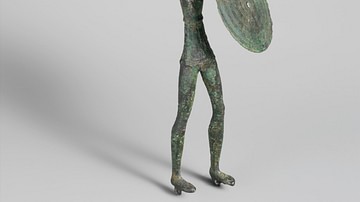
Definition
Etruscan Warfare
The Etruscan civilization, which flourished in central Italy from the 8th to 3rd century BCE, gained a reputation in antiquity for being party-loving pushovers when it came to warfare, but the reality is somewhat different. History being...
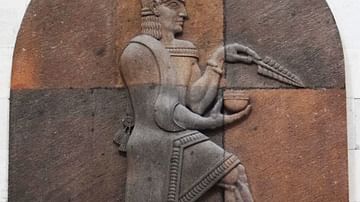
Definition
Urartu Religion
The religion of the Urartu civilization, which flourished principally in ancient Armenia from the 9th to 6th century BCE, was a unique mix of indigenous, Hurrian and Mesopotamian gods and symbolism. The pantheon was headed by the trinity...
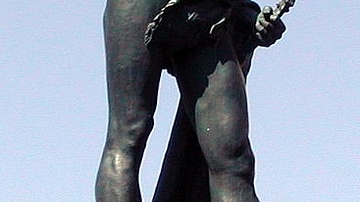
Definition
Viriathus
Viriathus (c. 180-140 BCE) was the leader of the Lusitani in their war with Rome. In 150 Viriathus escaped the Roman massacre and enslavement of Lusitani who had surrendered peacefully. Viriathus continued to fight in the resistance and rose...